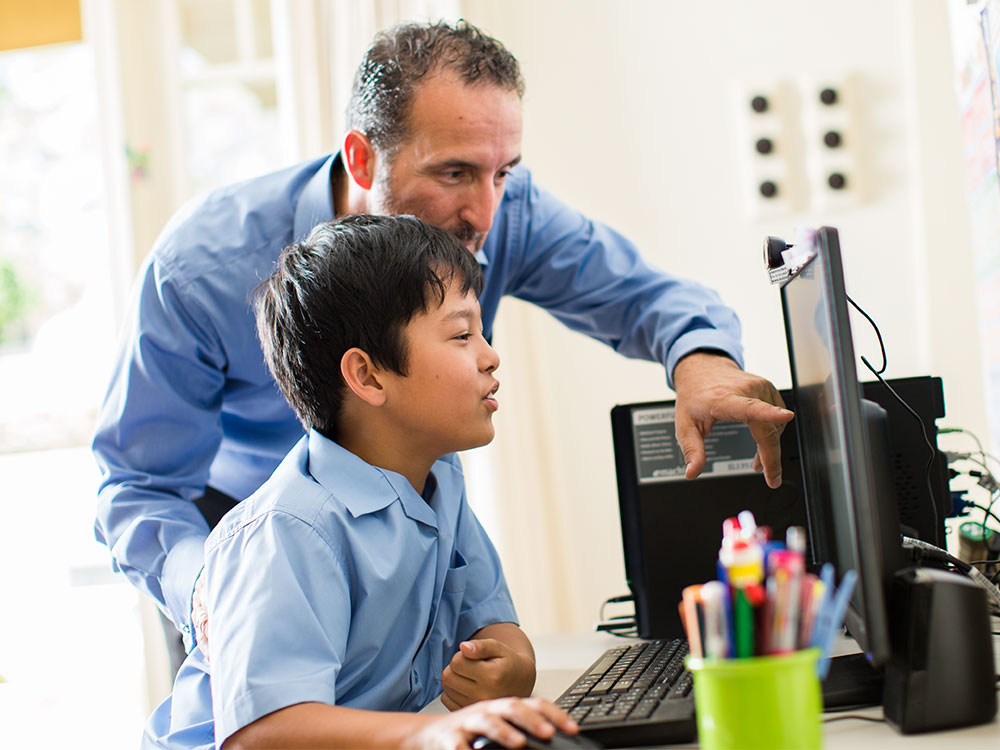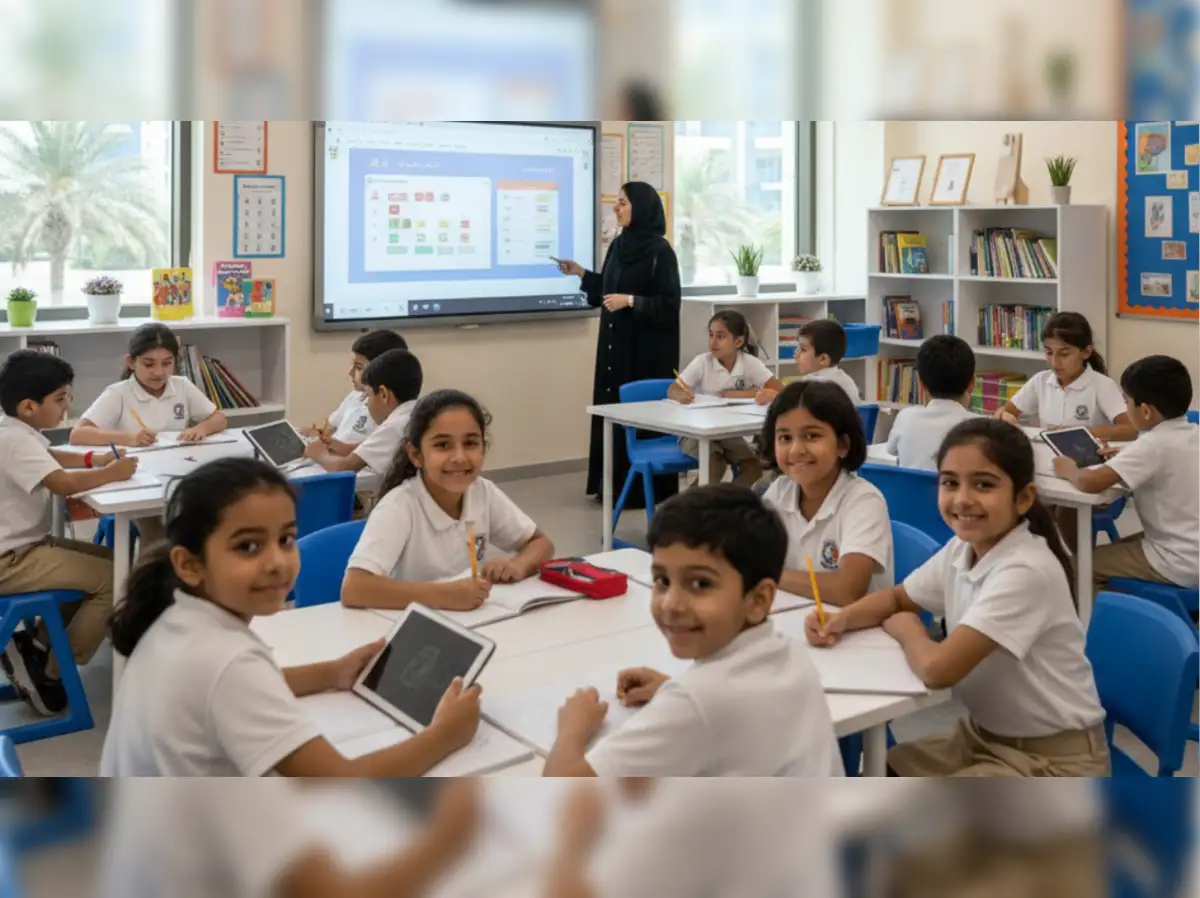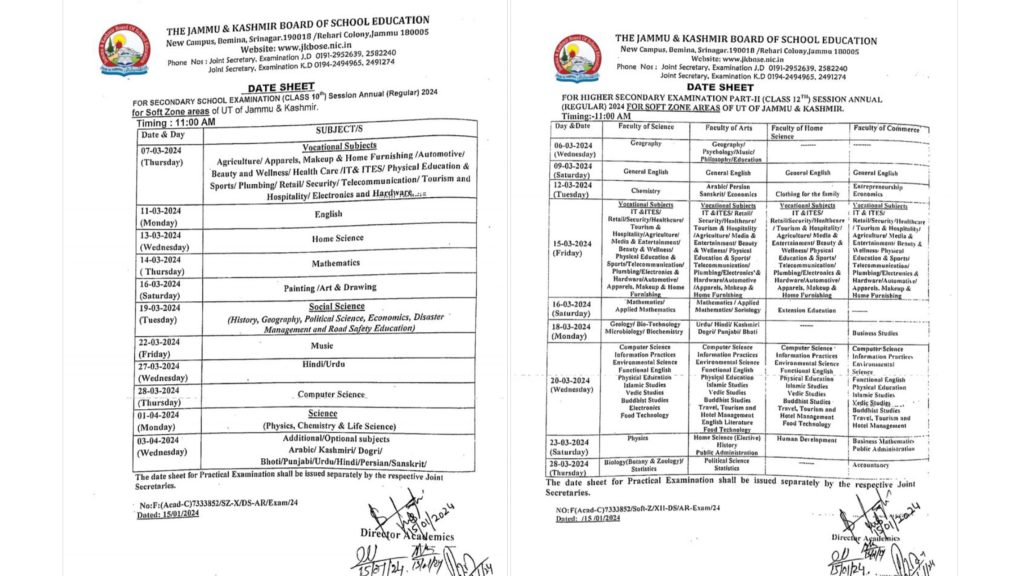Education
Teaching kids internet habits for a safer online experience


By Kajal Sharma - 25 Jan 2024 09:20 PM
With so many records in his long career, Virat Kohli is about to reach another milestone that will add even more glory to his already outstanding list of achievements. In the event that Kohli scores six runs in Wednesday's third and final Twenty20 match against Afghanistan, he will become the first batter from India to reach 12,000 runs in the T20 format. With 11994 runs in 375 games, Kohli will be the fourth hitter overall to reach the milestone. Overuse of screens can harm a person's physical and mental health. Establish a timetable for using the Internet, and encourage substituting activities such as playing games, reading, or working out. A balanced way of living develops a comprehensive strategy for their total growth. Prioritising online safety Instill in your kids the value of protecting their personal data. Inform them that sensitive information such as their name, phone number, address, and passwords should not be disclosed to outsiders or hackers. Establish a safe online environment and keep an eye on their online activity by utilising parental controls and filters.For kids, the Internet may be a great resource.
They can play interactive games, connect with teachers and other students, and conduct research for school reports.However, there are hazards associated with using the internet, such as offensive material, cyberbullying, and predatory websites. Predators may pretend to be youngsters or teenagers trying to find new friends by using social media applications and websites where children communicate. They could urge kids to call them so they can see their phone number on caller ID, or they might poke the child to disclose private information like address and phone number.It is important for parents to monitor what their children see, hear, and share about themselves on the internet, as well as who they encounter. Have a conversation with your children, watch over their actions, and use tools to protect them.Laws pertaining to Internet Safety The Children's internet Privacy Protection Act (COPPA), a federal law, aids in the internet safety of children under the age of thirteen.
It is intended to prevent anyone from obtaining a child's personal information without the parent's knowledge and consent.COPPA mandates that before collecting or using a child's personal information, including name, address, phone number, or Social Security number, websites must notify users of their privacy policies and obtain parental approval. Additionally, it is against the law for a website to request more personal information from a minor in order for them to participate in a contest or play a game.Tools for Online Protection With the use of online resources, you may limit your children's exposure to mature content and shield them from cyber predators. Parent-control choices are offered by numerous Internet service providers (ISPs). Software that assists in limiting website access and preventing the transmission of private information online is also available.
Online behavior can be tracked and monitored by other programs.Engaging in Children's Online Activities Observing your children's Internet use and teaching them safe and responsible online behavior are more crucial than banning unpleasant content.Basic internet safety tips to impart to your children are as follows: Observe the guidelines established by the Internet service provider and your household. Never exchange or post personal images. Never divulge private information, such your address, phone number, or the name or location of your school. Save your passwords for your screen name only, and only share them with your parents. Never consent to meet up in person with someone you met online without your parents' permission or supervision. Never reply to a text, email, message, or post that seems menacing. Always report any contact or conversation that was frightening or harmful to your parents or another responsible adult.Fundamental rules for parental supervision: Teach your children responsible online conduct by spending time together on the internet. Instead of keeping the computer in each bedroom, keep it in a shared space where you can keep an eye on its usage. Observe how much time is spent on tablets and cellphones. For convenience, bookmark your children's favorite websites. Look for strange account charges on your phone and credit card bills. Find out if your child's school, after-school program, friends' houses, or any other location where kids could use a computer without your supervision offers any kind of internet protection. If your child tells you about an awkward conversation they had online, listen to them carefully.
























